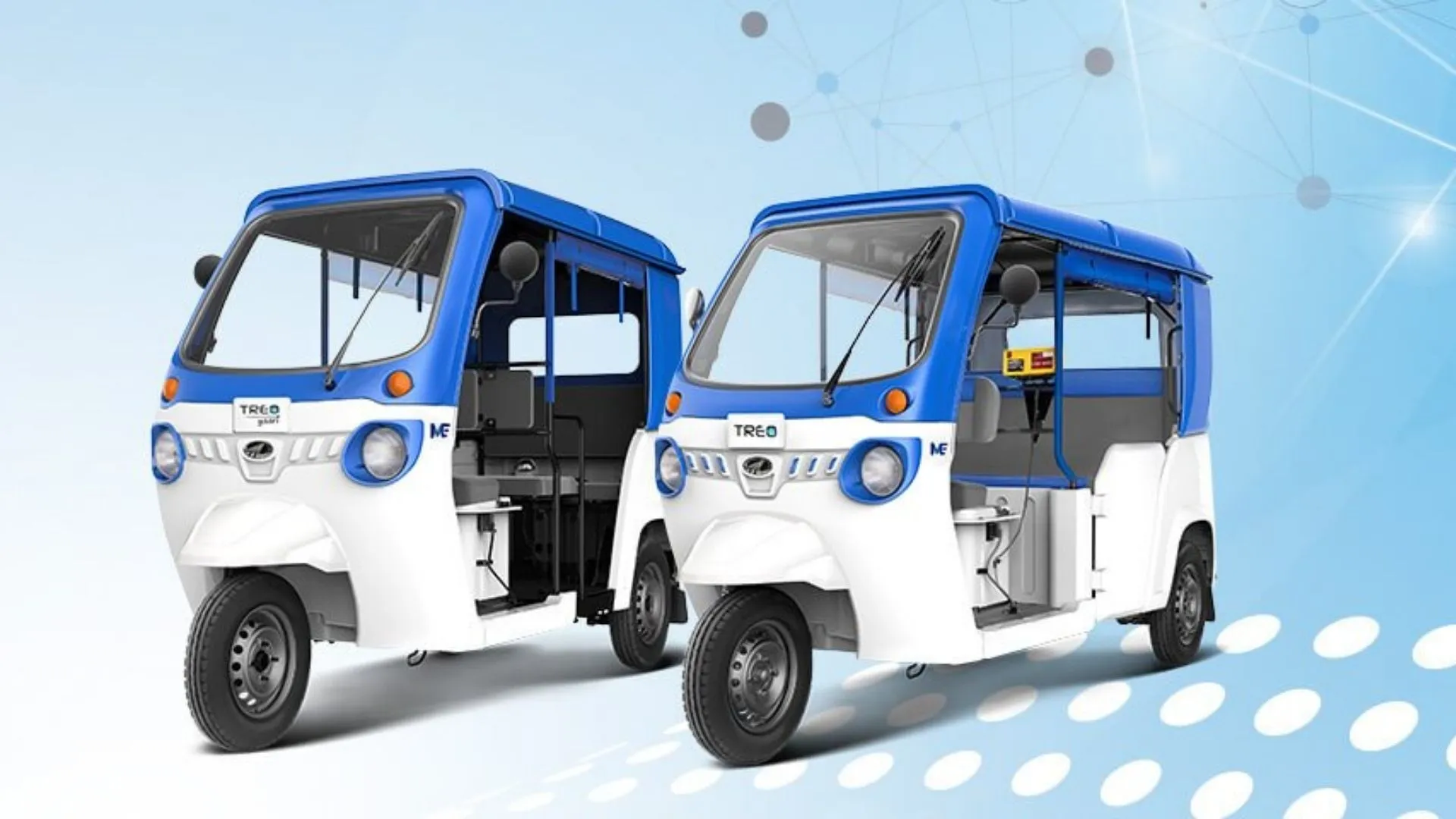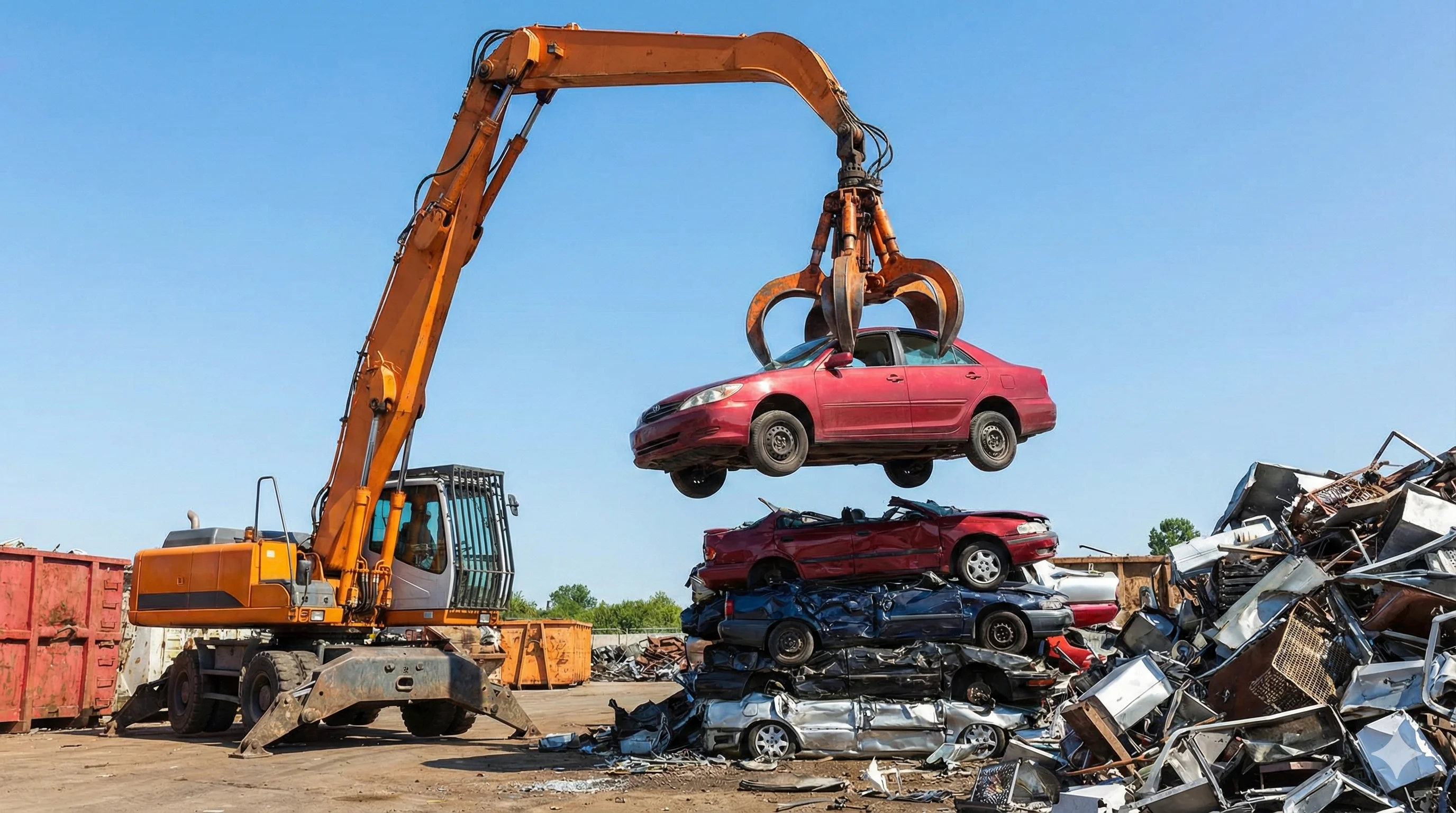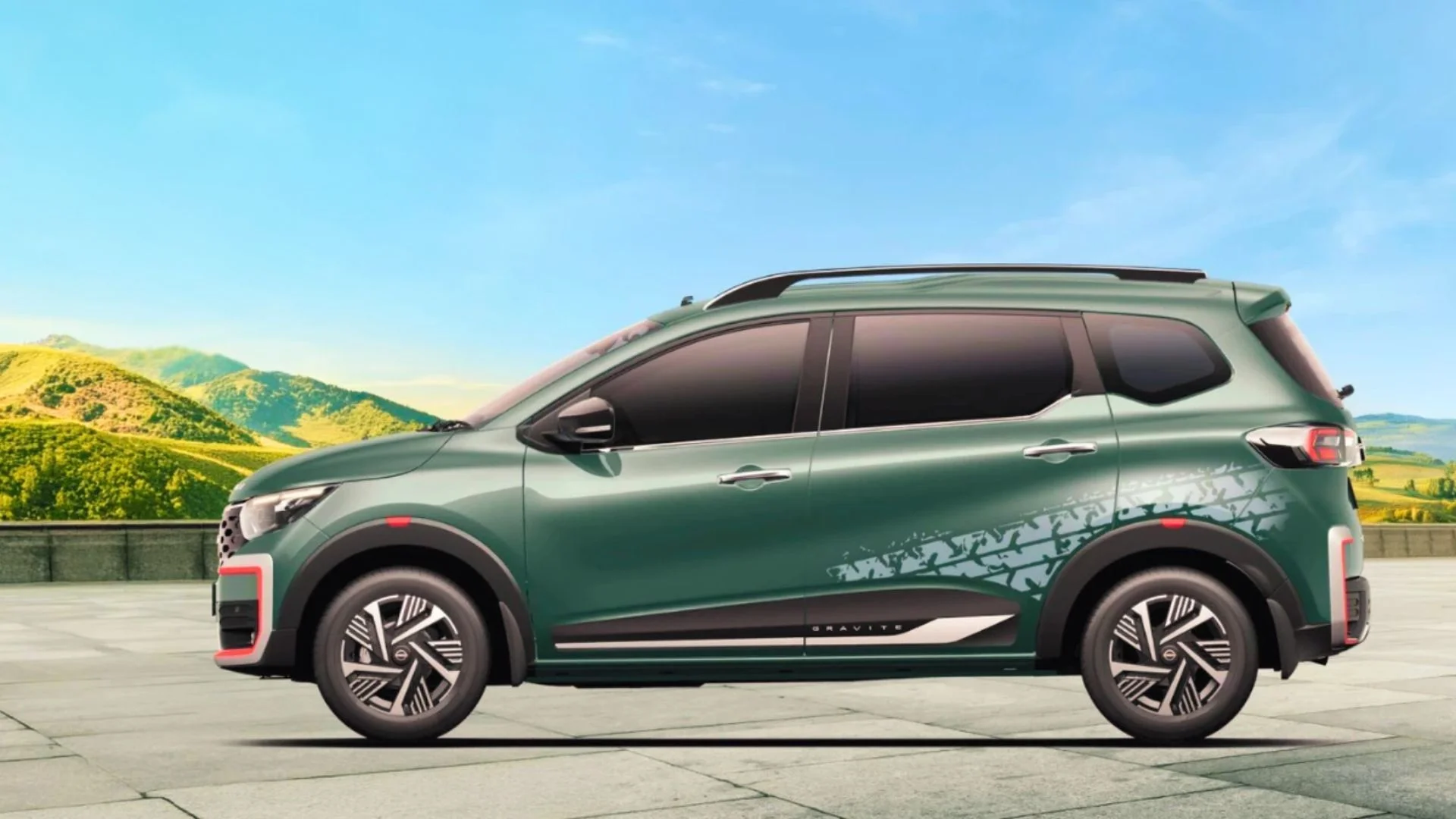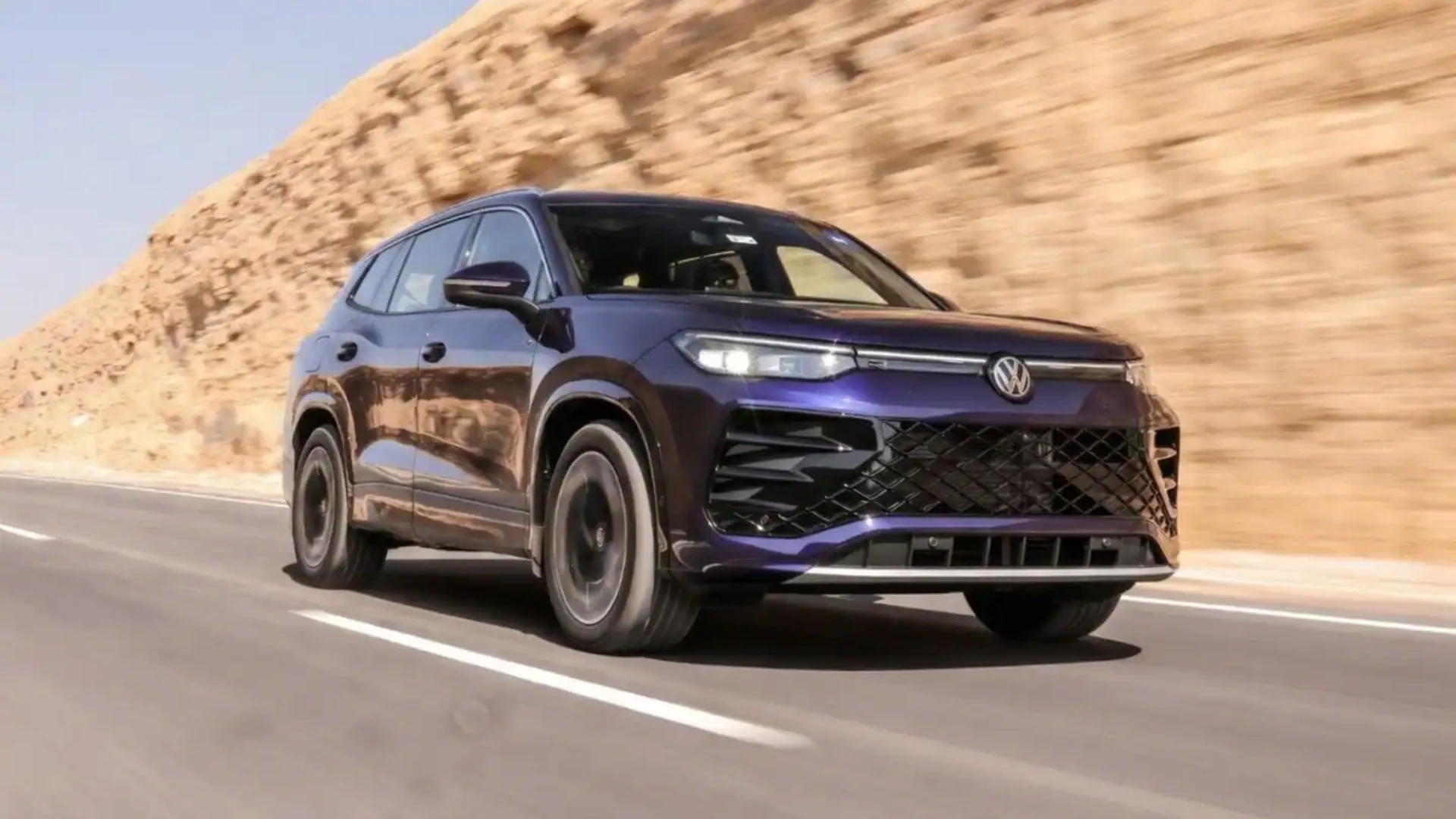
Table of Content
▼New Delhi: The International Finance Corporation (IFC), the private sector arm of the World Bank Group, has announced an investment of INR 600 crore in a new Last Mile Mobility (LMM) company, to be incorporated as a wholly-owned subsidiary of Mahindra. & Mahindra (NewCo). The funding aims to change people's lives by increasing their income and paving the way for a smooth transition in the auto industry from fossil fuels to electric vehicles.
It will be IFC's first investment in an EV manufacturer in the country and the world's first in EVs in the form of mandatory convertible instruments worth up to INR 6020 crore. The investment of INR 600 crore will result in an ownership of between 9.97% and 13.64% for IFC in the new company.
NewCo will house its last-mile mobility division, which includes three-wheelers (Alfa, Treo and Zor) and four-wheeler SCVs (Jeeto). IFC financing will help expand electric mobility in last-mile connectivity, both in the passenger and cargo sectors, while enabling the development and manufacturing of next-generation products in the field.
Electric vehicles allow vibration and noise-free operations, generate higher profits for drivers, and enable small business entrepreneurship. The business will provide more employment opportunities for women, leading to equality and inclusion while advancing India's climate action agenda.
"We are delighted to have IFC as a partner in the last-mile mobility journey. Decarbonising the transport sector is critical to achieving the climate goals India has set for itself," said Anish Shah, CEO and CEO of India. Mahindra & Mahindra IFC. with his focus on mobility. Sustainability and promotion of prosperity, is an ideal partner for us. With the widespread electrification of last-mile mobility businesses, we will take another step in our commitment to be a "Positive Planet" by 2040. Growth opportunity for micro and small entrepreneurs.”
“With transportation being the fastest growing contributor to climate change, the question is no longer whether electric vehicles should be widely adopted, but how quickly,” said Héctor Gómez Ang, IFC regional director for South Asia.
India is the largest three-wheeler market globally, and this investment represents an important step towards expanding domestic production of electric vehicles that cater to this sector, as well as small commercial vehicles. By endorsing a market leader, IFC hopes to encourage other major automakers to follow suit, boosting EV adoption across India and helping the government achieve its climate targets,” Gomez-Ang said.
While transportation remains a key factor in India's growth, it presents the twin challenges of heavy reliance on oil imports and severe air pollution. Decarbonizing the transportation sector, which contributes about 13 percent of the country's greenhouse gas emissions, can help significantly reduce the impacts associated with greenhouse gas emissions and other air pollutants.
This is vital as India has committed to reducing its emissions profile by 45% by 2030 while aiming to achieve 80% penetration for two- and three-wheelers, 70% for commercial vehicles and 30% for private vehicles cars.
"The last-mile mobility business presents a huge opportunity, both in terms of electrification and growth. As the market leader in this segment, we have an opportunity to increase the penetration of electric vehicles in this segment," said Rajesh Jegorikar, Executive Director & CEO (Automotive & Agricultural Sector), Mahindra & Mahindra. and provide a more sustainable and profitable option for small entrepreneurs. We are excited to leverage the World Bank Group's expertise in the electric vehicle sector to create a viable ecosystem with strong environmental and social practices, as well as the construction of knowledge, innovation and capacity".
"Through this partnership with Mahindra & Mahindra, we aim to leverage private sector innovations and technology to accelerate the transition to electric vehicles and help boost the electric mobility ecosystem in India. Green and sustainable transport will be paramount in the fight against climate change, and electric vehicles offer exciting solutions to reduce greenhouse gas emissions, while reducing air and noise pollution and benefiting businesses and communities around the world.” said Carsten Müller, Asia Regional Director of Industry for Manufacturing, Agribusiness and Services at IFC.
While growing e-commerce activity and urbanization in India are driving a significant increase in last-mile transportation, electric two- and three-wheelers can drive a clean energy transition in the transportation sector. This investment should send a signal of confidence regarding the prospects for this type of vehicle in India, enabling better connectivity and logistics for passengers and freight, creating green jobs and boosting the Indian economy.
Also Read: Tata Nexon mileage in India increased; BS6 Phase 2 effect?
Neha Mehlawat
Neha Mehlawat is an automotive journalist and industry analyst with 10+ years of experience covering cars, bikes, and mobility trends. She tracks the latest launches, technology upgrades, and policy changes in the auto sector, delivering sharp insights that help readers stay ahead in the fast-evolving world of automobiles.





